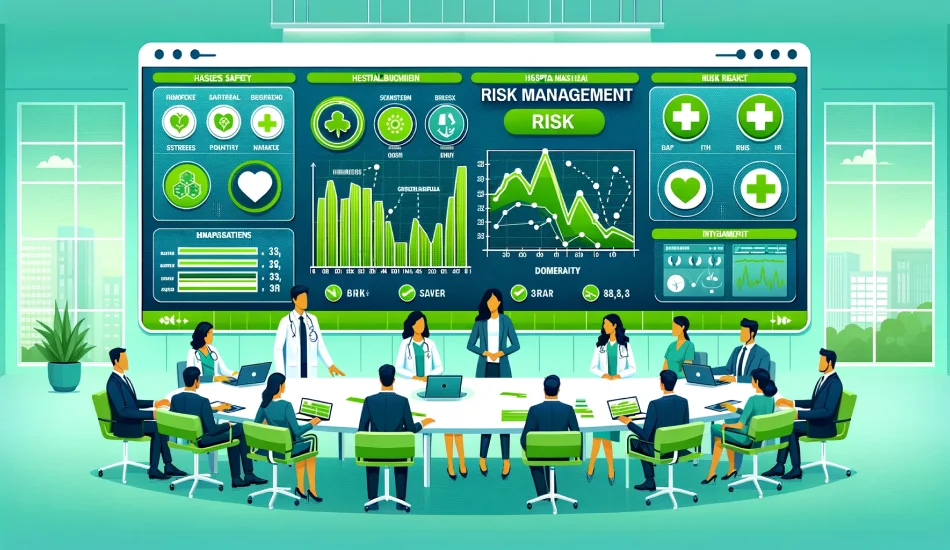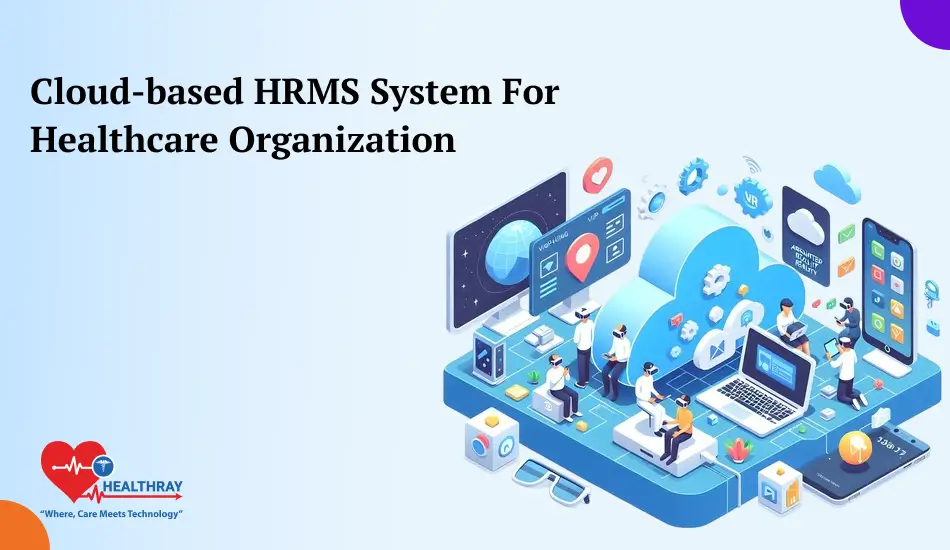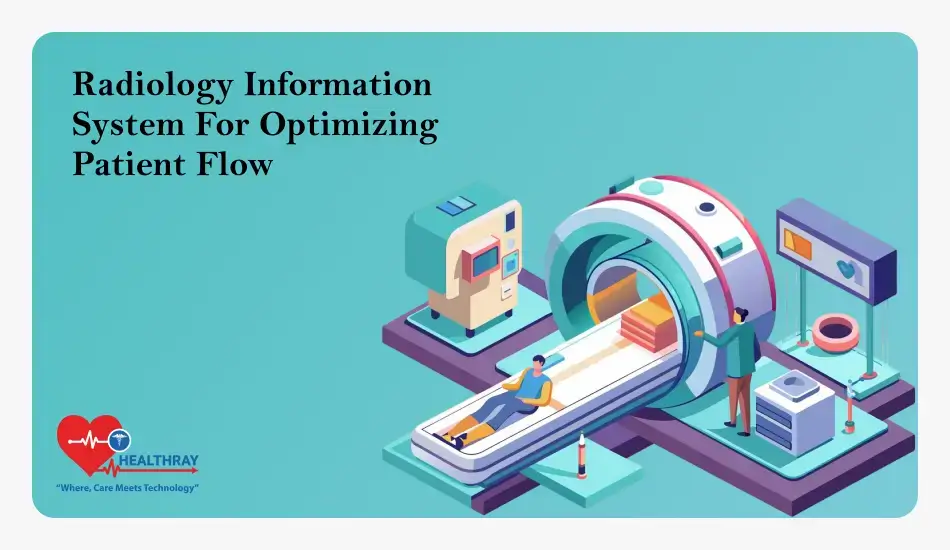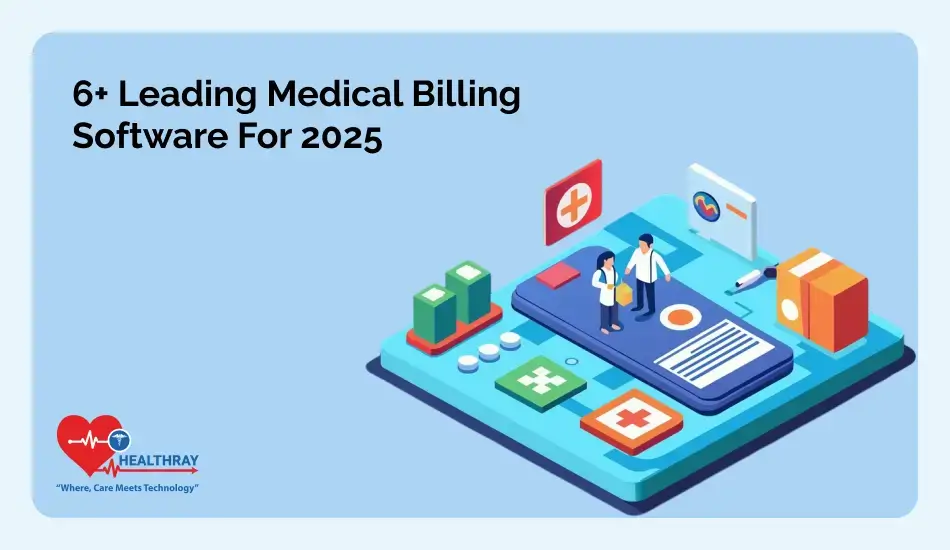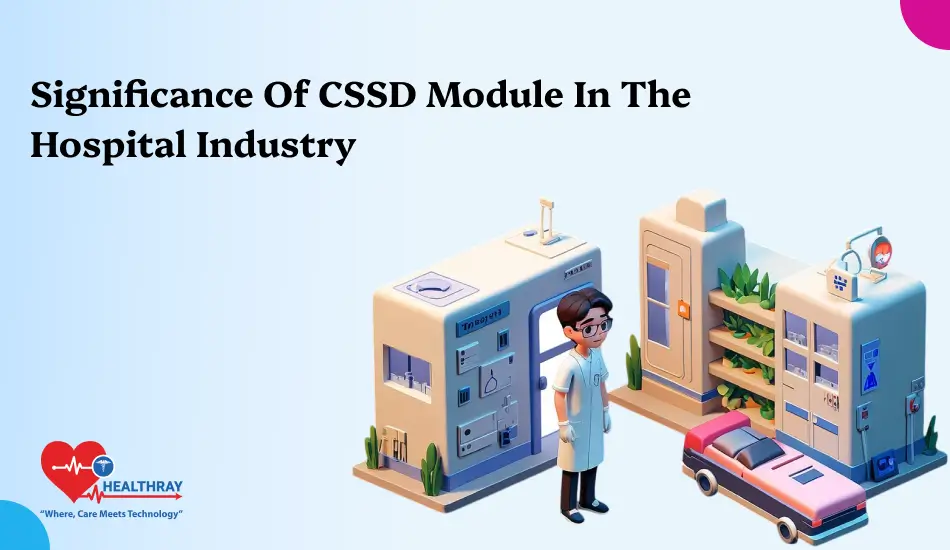Quick Summary: Software for hospital risk management is essential to healthcare systems. It helps preventatively detect and manage any hazards to improve patient safety, abide by rules, and raise the standard of care in general. By making event reporting, analysis, and recording easier, the software enables healthcare organisations to provide a safer and more secure atmosphere for their employees and patients. Feel free to ask me any particular questions or to discuss any other interests you may have!
Introduction
Like other businesses, the healthcare sector is subject to strict government rules, thus compliance is essential. Strict restrictions are especially applicable to the healthcare industry, and breaking them can have serious financial and legal ramifications, from paying for lost profits to perhaps going to jail.
Unintentional breaches are a persistent concern in healthcare due to its vital nature where lives are at stake. For this reason, developing efficient risk management for healthcare is essential to spotting and fixing possible problems. A variety of clinical and administrative systems, procedures, techniques, and reporting formats intended to identify, evaluate, and mitigate risks are included in healthcare risk management.
Many software development businesses are now producing hospital risk management software in response to the rising importance of risk management in the healthcare industry. With this tool healthcare providers have the capabilities to deal with the issues before they become serious.
Having a specialised department for risk management is crucial in a world where legal challenges or regulatory infractions may result in major losses and harm to one’s reputation. Specialised hospital management software development can help you cater your needs.
In the healthcare industry, risk assessment and management are now essential parts of daily operations, particularly when it comes to patient safety. The purpose of this conversation is to shed light on the many aspects of risk management solutions used in the healthcare industry.
What Is Hospital Risk Management Software?
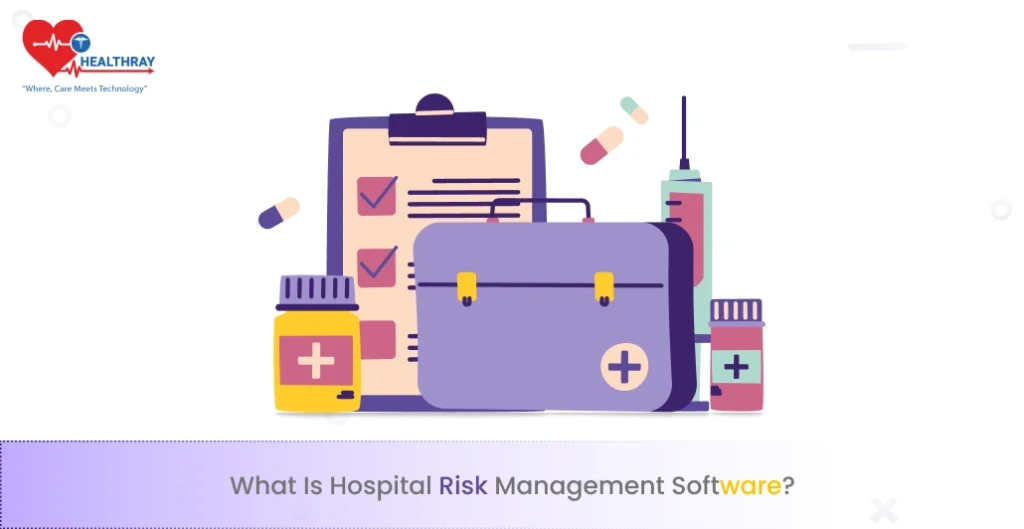
Now, let’s discuss the significance of hospital risk management software for healthcare institutions. In the healthcare sector, where lives are at stake, prioritizing the prevention of medical errors is important.That’s when hospital risk management software’s charm shines through!
Entering the realm of risk management tools is like to trying to get the ideal shoe size; you want them to fit exactly so. Thus, adjust your risk management plan to the particular services offered by your institution. It’s easy to include risk management tools into your daily operations once you have it set up.
The secret is to be very clear about your company objectives before diving into the technical details. It functions similarly to a travel map. It becomes obvious which risk management system to use when you have a clear vision.
Let’s now discuss security, your medical superhero. Strong security measures are your line of defence against dangerous attacks.
Think of it as closing the doors to ensure the security of everyone and everything involved. Additionally, using Hospital Management Software System is like having a reliable guide to establish policies and ensure uniformity in the way your company handles risks.
What Are The Benefits Of Healthcare Risk Management Software?
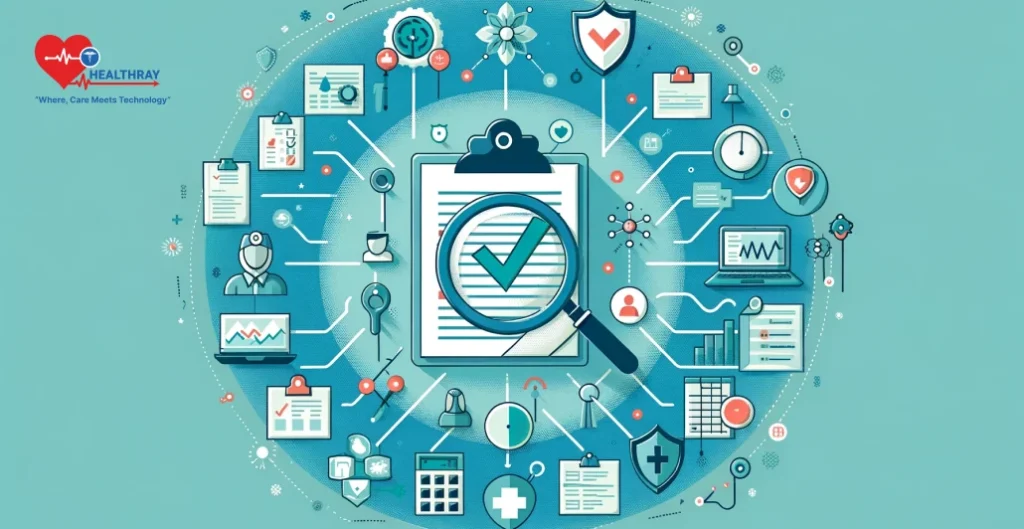
Selecting the best hospital risk management software is a significant choice, so be sure it meets all of your needs. Check for the following important characteristics:
- Thorough Risk Documentation: The programme need to be an expert at recording risk information, including likelihood, tolerance, impacts, and reactions. It should also maintain a tidy history of modifications over time, akin to a risk history book.
- User-Friendly Interface: Picture being able to import risk lists from spreadsheets as easily as copying them. It is the level of user-friendliness you ought to strive for. The entire risk assessment procedure should be easy to use and efficient thanks to the software.
- Efficient Project Management: Your software need to be your reliable partner in day-to-day risk management. It should be able to measure progress over predetermined periods of time, much like a superhero hunting down criminals, and go beyond what conventional spreadsheets can.
- Collaboration Features: After all, cooperation is the key to success, right? Stakeholder and healthcare provider cooperation should be supported by your risk management software. Imagine having job assignments, vendor profile evaluations, risk assessment, and treatment approval processes all in one location.
- Integration with Compliance Management: Duplicate efforts are disliked by everybody. The programme need to easily link with compliance management systems, generating an audit-ready risk registry that serves as proof of risk reduction.
- Customisation Choices: No two are same. You should be able to build fields for risk classification based on your own categories, teams, and geographical areas using the software’s customisable features. It all comes down to being adaptable to your team’s unique needs.
- Various Roles and Access Levels: Privacy is important, particularly when it comes to risk information. Several roles should be supported by the programme, allowing you to precisely manage who has access to what.
- Information Security: The software supplier for cloud-based solutions must protect your data like Fort Knox. Look for security compliance certificates such as ISO 27001 or SOC 2 to make sure your data is as safe as Fort Knox.
- Stakeholder Reporting: Ensure that all parties are informed! Clinical and administrative systems should be able to get risk profiles and management plans from the programme with ease. Consider thorough reporting that identifies high-risk regions, monitors risk trends, and supports in-depth analysis.
You’re headed towards superhero-level danger when you discover software that satisfies all of these requirements.
Tools For Risk Management Are Beneficial For Healthcare Organisations
There are several benefits to purchasing hospital risk management software, and it will help strengthen your safety culture overall. The following is a summary of the main advantages that might improve your risk management:
- Improved Risk Assessment: Get a comprehensive grasp of the dangers that exist inside your company. This knowledge gives you the ability to put the appropriate controls in place and make well-informed decisions to reduce the likelihood of problems.
- Efficiency and Cost Reduction: Optimizing the processes of corporate governance, risk management, and compliance. In addition to cutting expenses, this synergy increases operational effectiveness and guarantees a smoothly functioning organisational machine.
- Better Internal Controls: Keep an eye on the risk environment to fortify your internal controls and operations. Steady monitoring and mitigation actions add to a strong foundation that protects against any hazards.
- Enhanced Reputation and Trust: Display an advanced method of IT governance. Customers will trust you more as a result, and your brand’s reputation will rise along with shareholder value. It benefits your organisation as well as its stakeholders.
- Guaranteed Compliance: Skillfully navigate the regulatory environment. You may avoid infractions, penalties, legal fees, and company interruptions by leading compliance activities. It all comes down to following the rules and maintaining the ship’s seamless operation.
It’s not merely a technical update to include risk management software in your organisational plan; it’s a calculated step to proactively address risks, optimise workflows, minimise possible hazards, and ultimately support the long-term viability of your whole enterprise. It’s intentional risk management!
The Best Ways That Software for Healthcare Risk Management Can Improve Patient Safety
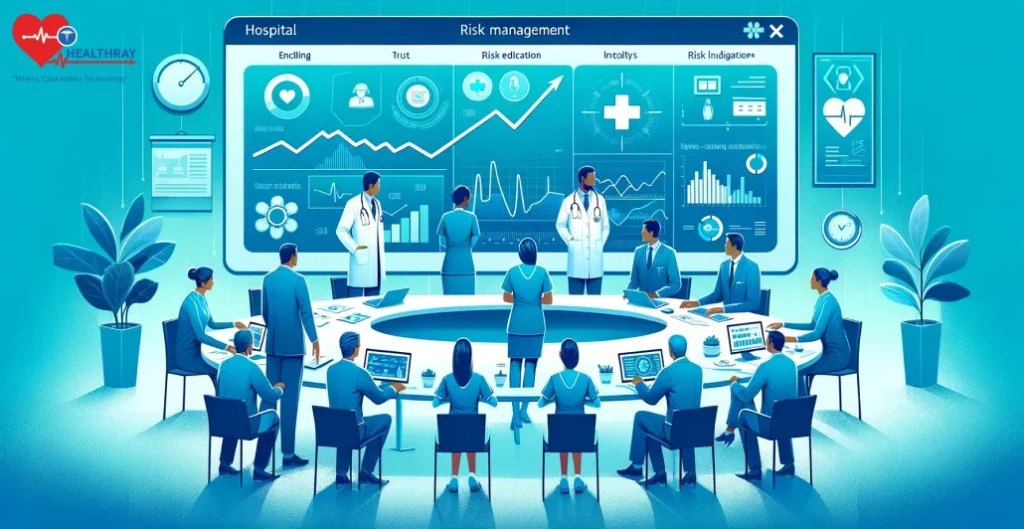
Adaptable Support and Design
Adaptability is necessary to navigate the unpredictable landscape of the healthcare sector. Hospital risk management software serves as a conduit, converting the strict guidelines of the sector into processes that are easy to handle. Its adaptability is essential; it can easily adapt to changing requirements and make sure that tasks are updated on a regular basis, which lowers mistakes and preserves correct data. An equally important component is a quick and dependable support system that guarantees smooth integration into regular operations.
Streamlined Information Gathering
Efficient patient safety tactics start with unambiguous data gathering. This procedure is made simpler by modern technologies, such as data surveillance and patient safety event reporting. Selecting software for hospital policy administration and flexible risk management encourages better reporting practices and advances a transparent culture. Choose hospital policy management software for better information and privacy.
Process and Communication Automation
Software for hospital risk management makes difficult procedures and communication issues simpler. With its cutting-edge technology, it minimises human error, increases transparency, and simplifies internal compliance procedures. Healthcare workers are better able to concentrate on patient care when duties are automated, since it ensures compliance and reduces risk.
Healthcare Analytics and Data Aggregation
Officials may now focus on in-depth research and trend detection thanks to automated and streamlined data collecting processes. Risk management software forecasts problems, readmissions, and care plan outcomes by utilising big data and analytics. Cross-departmental efforts for better patient outcomes and optimal healthcare quality are guided by this proactive approach.
Safeguard Patient Data
Cloud-based risk management software becomes essential in the face of growing cybersecurity concerns in the healthcare industry. By providing improved cybersecurity measures, it protects patient data from cyberattacks. By migrating to cloud-based solutions, healthcare organisations may avoid possible risks associated with legacy systems and assure data security, breach protection, and prioritised patient care. Make your way through what services do hospitals provide article for having ideas about patient data.
How Does Your Company Benefit from Healthray’s Risk Management Software Solution?
Healthray offers a comprehensive software solution for risk management that is painstakingly designed to protect your company from any threats. Our proficiency in developing software for hospital administration enables you to recognise, evaluate, and effectively handle hazards unique to your sector.
Utilise real-time data analysis and reporting to your advantage to ensure efficient risk reduction by making well-informed judgements. Whether your company is in the healthcare, financial, or any other industry, our solution works flawlessly with your processes.
Boost compliance, reduce risks, and improve overall business resilience with Healthray’s solution. You can rely on us to use our powerful risk management software to protect your company’s future and promote expansion.
Conclusion
In conclusion, hospital risk management software is essential to contemporary healthcare facilities because it reduces the possibility of medical errors, identifies and manages risks, and guarantees patient safety and operational effectiveness. They streamline processes, track issues, and gurantee regulatory compliance by the programme.
Enhancements in patient care, better results, a decrease in expensive mistakes and medical liability, and reputation protection are all brought about by the use of such software. It makes data administration easier, which helps employees analyse patterns and make wise decisions. Hospital risk management software is no longer a luxury—rather, it is an absolute need in the modern healthcare environment, where patient safety and quality are crucial.
Selecting software that meets the unique requirements of your institution is essential. It must be user-friendly, flexible, and consistent with industry standards. Purchasing this equipment is an investment in the health of the patients as well as the hospital’s overall prosperity. Thus, take the effort to investigate your alternatives and make a well-informed decision to create a healthcare environment that is safer and more effective.
